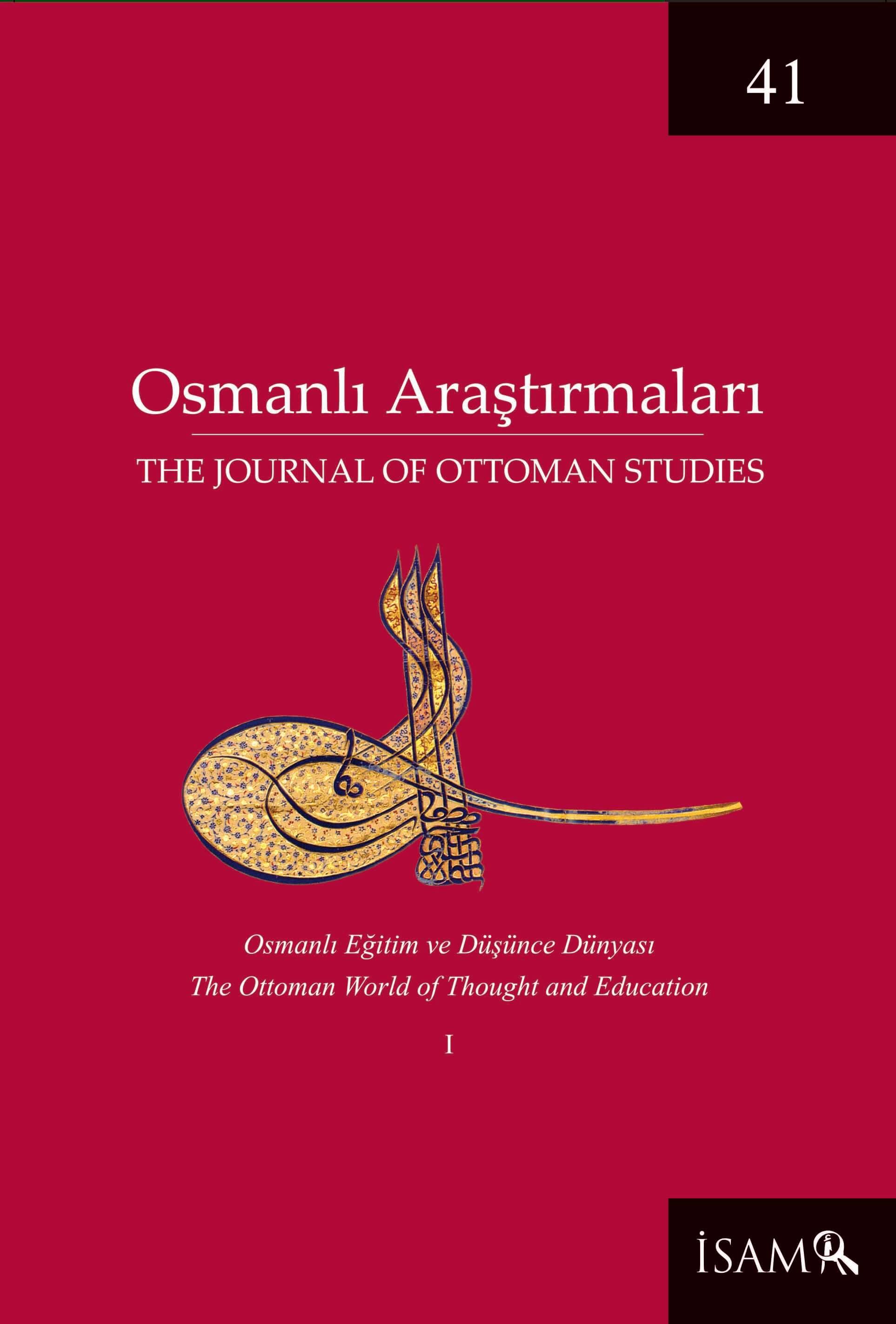Türk Eğitim Düşüncesi ve Deneyiminin Dönüm Noktaları Üzerine Bir Çözümleme
Keywords:
History of Turkish Educational Thought and Experience, Medrese and Mektep (Ottoman Era), Periodization and Modernization in Education, Educational Formation during the RepublicAbstract
This article essentially aims to analyze the periodization of the Turkish educational experience by exploring its turning points. The classical period begins in the 10th century with the Karahanlis and ends in the late 18th century, that is, dur- ing the Ottoman early modern era. The process leading to the foundation of the Mühendishâne-i Berrî-i Hümâyun (Imperial Engineering School) in 1795 marks the end of the classical period for reasons discussed in the article. The Mühendishâne also marks the beginning of modern education in the Ottoman Empire, since it is the first specimen of modern educational institutionalization, especially in compari- son to the earlier attempts from the same era, and illustrates an understanding of education and an educational experience that is occasionally similar to, but some- times far beyond the deteriorating medrese. The third period begins with the dec- laration of the Republic in the early 20th century when all educational institutions as well as their curricula were integrated with one another to form a harmonious whole, thus ending the era of polarization and disintegration that stemmed from the mektep-medrese bifurcation and the foreign-minority schooling during the Ot- toman Empire’s long 19th century. At the same time, this article will also eschew a generalizing analysis of the impairments in medrese education: since, whatever the reasons were, internal or external, during its decline in the modern era, the medrese did to a certain extent foster and shape the socio-cultural fabric not only of the Ot- tomans but also of the earlier Seljuks.




